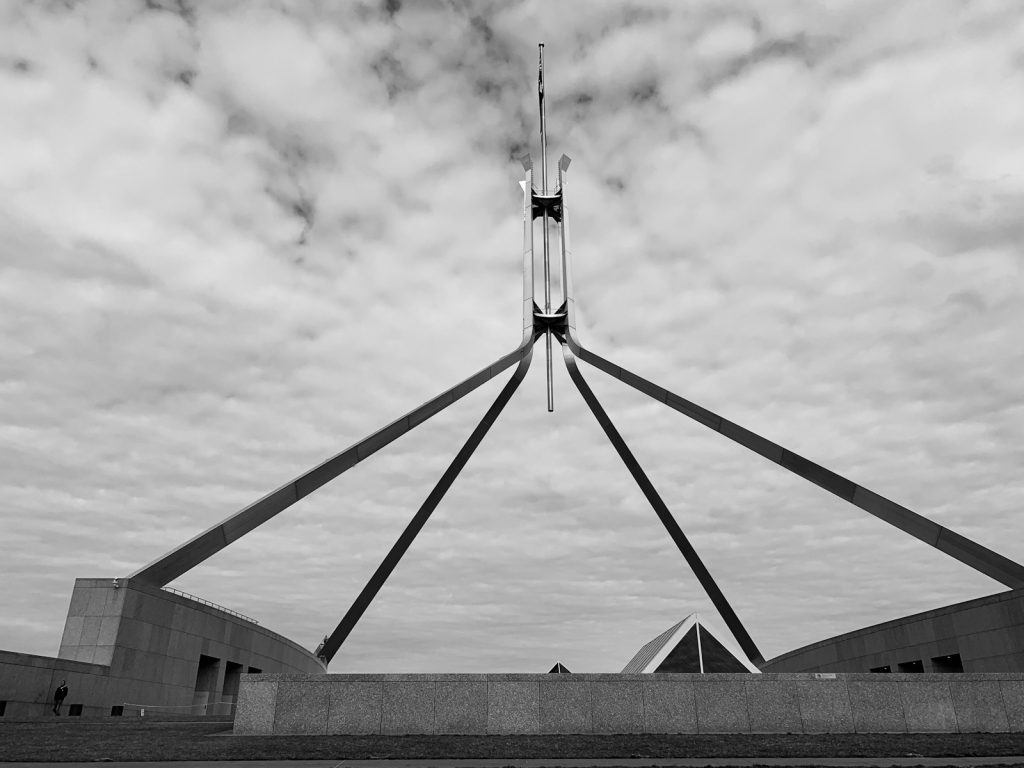After four decades of tireless efforts, the Greens are on the brink of securing a groundbreaking seat in Tasmania’s upper house. Former Greens leader Cassy O’Connor holds a commanding lead in the race for the seat of Hobart, with political analysts confident that her advantage is insurmountable.
As counting resumed on Monday, Ms O’Connor had already amassed an impressive 37.2 per cent of the vote, significantly outpacing her closest rival, independent John Kelly, who had secured 22.1 per cent. This resounding victory comes on the heels of the party’s recent successes in last month’s state election, where they increased their representation in the lower house from two to five MPs.
University of Tasmania adjunct associate professor Kate Crowley, a renowned expert in green politics and environmental policy, emphasized the significance of this achievement for the Greens, who have been a fixture in parliament for 40 years. “In Tasmania, that upper house has always been the preserve of quite conservative independents, particularly name-brand independents, so this is a big deal,” she remarked.
However, Professor Crowley cautioned against reading too much into the victory, noting that Hobart and the lower house electorate of Clark are known as “two of the greenest seats going.” She stressed the need to observe how the party capitalizes on these gains to gauge the true extent of their progress.
Ms O’Connor’s strategic decision to relinquish her lower house seat and party leadership in July to contest the seat of Hobart has proven to be a masterstroke. Under the leadership of Rosalie Woodruff, the party has seen a significant expansion in their numbers within the larger house of assembly.
“I think we can’t overstate that this is an absolute renewal for the Greens. I think before the election they were definitely spinning their wheels as a party. They hadn’t gone anywhere much for years in terms of their support at elections,” Associate Professor Crowley observed. “They’ve got new energy. They’ve got a new set of individuals from a younger generation, including some quite seasoned activists even though they’re relatively young, and they’ve broken into the Legislative Council.”
Dr Woodruff, while cautiously optimistic about Ms O’Connor’s prospects, emphasized the party’s focus on key issues during the campaign. “The Greens ran a campaign that was clear about the issues that we will be fighting for action on: protection for forests, cost of living relief, secure and affordable homes and and a health system overhaul,” she stated. “Things are looking good for the Greens in the seat of Hobart, that’s no surprise, Cassy is an outstanding candidate with vast experience and a compassionate heart.”
Psephologist Kevin Bonham noted that while Ms O’Connor’s victory may not significantly alter the balance of power in the Legislative Council, it will undoubtedly introduce a new dynamic. “But it will change the dynamic of the place in terms of Ms O’Connor having a different dynamic to [retiring MP] Rob Valentine and also in terms of the Greens having members in both houses. It will be interesting to see how that plays out,” he said. “The Legislative Council can be a more sedate place of careful consideration and Ms O’Connor’s style is more high profile. It will be interesting to see how she adapts and how the place adapts to her.”
In the electorate of Prosser, Liberal candidate and Sorell mayor Kerry Vincent appears poised to defeat former Labor party leader Bryan Green. Mr Vincent, who leads with 38.7 per cent of the primary vote, expressed his gratitude for the support he has received. “They tell me I’ve got a good chance of winning. There’s still quite a few votes to be counted and the trend is quite strong for me at this stage,” he said. “It’s a huge area to try to cover during such a short election campaign but we’ve covered it as best we can and to receive that support is just humbling.”
Meanwhile, the northern suburbs battleground of Elwick remains too close to call. In a by-election triggered by Labor MP Josh Willie’s move to the lower house, Glenorchy mayor and independent candidate Bec Thomas holds a narrow lead with 34 per cent of the primary vote, just 5 per cent ahead of Labor’s Tessa McLaughlin.
Dr Bonham highlighted the unique circumstances surrounding the Elwick campaign, which make it difficult to predict the outcome. “Under normal circumstances, Ms Thomas would win easily on preferences from a Green and a left-wing independent,” he explained. “But this is not normal because of the nature of the Elwick campaign, in particular some of the criticisms made of Ms Thomas during the campaign both over the council and over links to the Liberal Party.”
Ms Thomas has consistently refuted allegations of ties to the Liberal Party, maintaining that Elwick requires an independent voice.
As the final votes are tallied, the Greens stand on the precipice of a historic victory that could reshape the political landscape in Tasmania. The party’s renewed energy, fresh faces, and strategic maneuvering have positioned them for success, but the true measure of their impact will be determined by how they leverage these gains in the coming years. For now, all eyes are on Cassy O’Connor and the Greens as they prepare to make their mark in Tasmania’s upper house.



